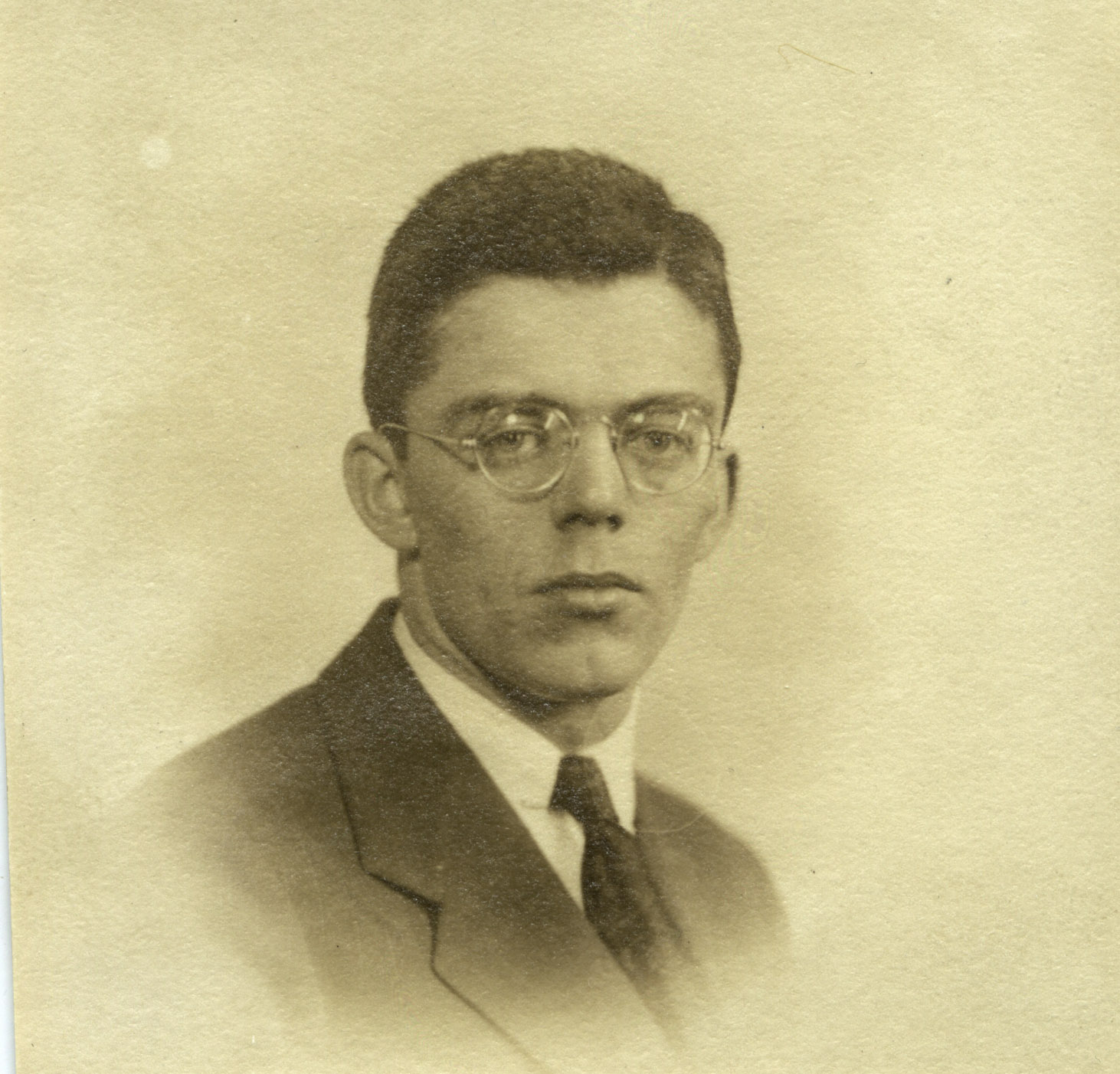United Hatters, Cap and Millinery Workers International Union Local 4 Records
The United Hatters, Cap and Millinery Workers International Union (UHCMW) was formed in 1934 by the merger of the United Hatters of North America and the Cloth Hat, Cap and Millinery Workers International Union, settling deep rifts between the competing unions. For five decades, the UHCMW organized the declining hat and millinery trade in the United States until it merged into the Amalgamated Clothing and Textile Workers Union (ACTWU) in 1983, which merged in 1995 into the International Ladies Garment Workers Union to form UNITE (Union of Needletrades, Industrial and Textile Employees).
The collection documents UHCMW Local 4, representing workers in Boston and Framingham, from 1945 through the time of its merger into the ACTWU. The series of ledgers and documents in the collection include documents concerning health and retirement benefits for union members, bargaining agreements, and financial records for the local, as well as a small assortment of correspondence, memoranda, and minutes of meetings.


